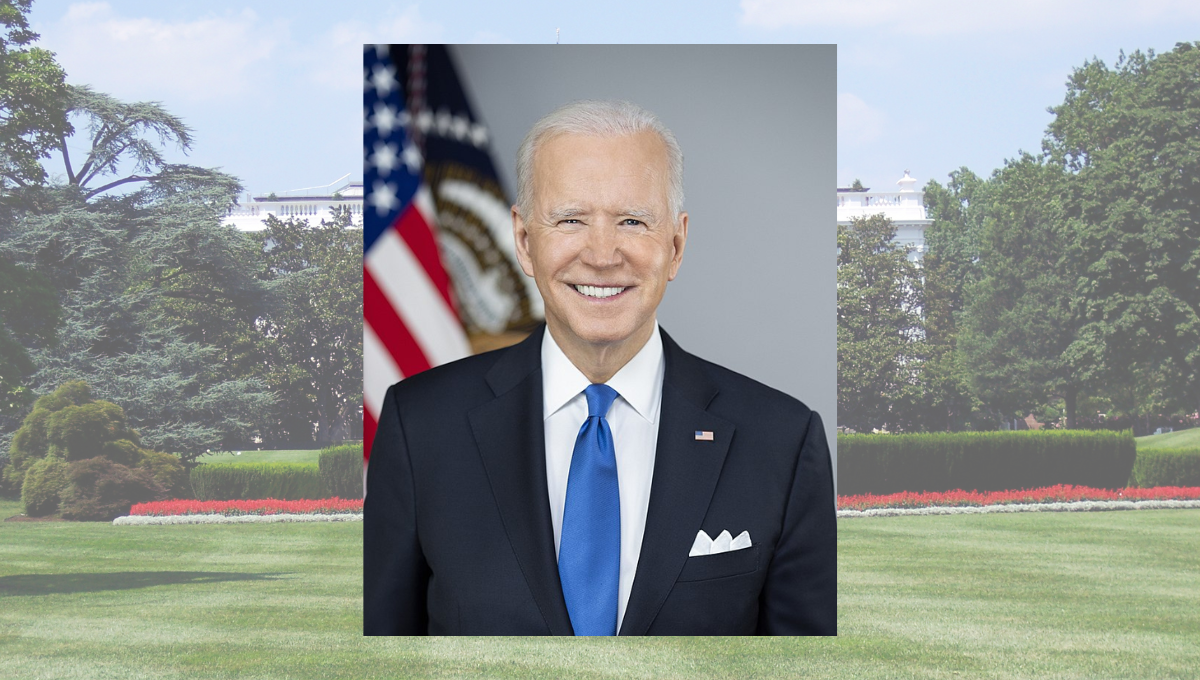(The Center Square) — The Georgia Senate passed a bill allowing Peach State families to spend taxpayer money on “qualified education expenses,” such as private school tuition, a year after lawmakers killed the proposal.
Senate Bill 233, the Georgia Promise Scholarship Act, would create state-funded education savings accounts. While the Senate passed the measure last year, the House killed it, with most Democrats and a few Republicans opposing it.
This week, the Senate passed the measure with a 33-21 party-line vote. SB 233 now heads to Republican Gov. Brian Kemp for his signature.
“Today, the Senate voted to give parents greater control over their children’s educational needs,” Lt. Governor Burt Jones, a Republican, said in a statement. “I made passing school choice a priority and am proud of the Senate for leading the way in the most substantive initiative to pass the Georgia General Assembly in decades. This is a critical first step but the fight does not stop to give parents choice and resources for their child’s diverse and unique educational needs.”
The push gained renewed priority after Kemp’s January State of the State address in which he called on lawmakers to advance a solution that provides Georgia students with the best education possible. The state House passed an amended version of the bill last week.
Lawmakers made several changes to the measure this year, including adding a stipulation that the scholarships benefit students whose parents earn 400% or less of the federal poverty level, which is about $120,000 for a family of four in 2024, state Sen. Greg Dolezal, R-Cumming said from the Senate floor. Recipients’ families must also have lived in Georgia for a year unless they are active duty military service members, and the program prioritizes students in public schools that rank in the bottom 25% in terms of their academic performance.
The measure stipulates that the total state funds allotted to the program each fiscal year cannot exceed 1% of the previous fiscal year’s Quality Basic Education Program appropriation. The QBE was initially $13.1 billion in the fiscal 2024 budget and later increased and is poised to be roughly $14.1 billion in fiscal 2025.
During the debate, Dolezal encouraged Democrats to support the measure, saying some have done so in the past.
“I wonder if anyone wants to do that today. The water is warm,” Dolezal said. “We see states all over this union recognizing the importance of these bills. Many of these children are in your districts. Many of these parents asking for help are your constituents, and I would encourage you to think about them as we vote on this bill today.”
State Sen. Elena Parent, D-Atlanta, said lawmakers can’t fix the education system’s failings “without hard conversations and real investment.”
“I appreciate the significant narrowing of this legislation that our colleagues in the House did. But it’s still a very problematic bill for a couple of reasons,” Parent said during the debate. “Education is complicated, and it’s expensive. Choosing an institution and a program that fits a child’s needs is hard. …The reality is that a $6,500 voucher here doesn’t go nearly far enough to afford any quality private education.
“The state spends more than that on public schools. Tuition for private schools, quality private schools, is well, well, well beyond $6,500,” Parent added. “If you want to talk about real school choice, and I’ve said this before, let’s talk about it, put our money where our mouth is, give every kid 20,000, give [them] 25,000, then we’d actually be talking about real school choice. 6,500 is a shiny object to distract from the failings of this building, of … Georgia’s education system.”
By T.A. DeFeo | The Center Square contributor








